Keywords: Intervention
There are more than 200 results, only the first 200 are displayed here.
-
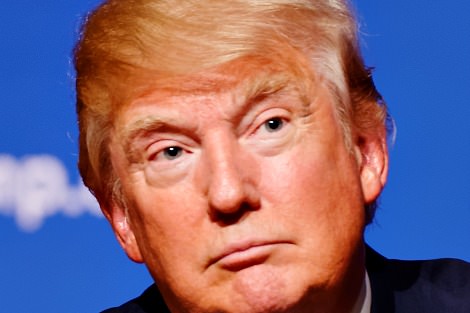
ENVIRONMENT
- Greg Foyster
- 03 August 2016
6 Comments
The neoliberal right is losing political power to the populist right, which isn't filled with the same ideological zeal for free-market capitalism. Suddenly debates can expand beyond the narrow confines of economic growth. Moral and social arguments won't be relegated to the intellectual fringes anymore. Mainstream parties of the left and right, both of which bought into the neoliberal agenda, will have to break their bipartisan dismissal of discontent with the side effects of globalisation.
READ MORE 
-
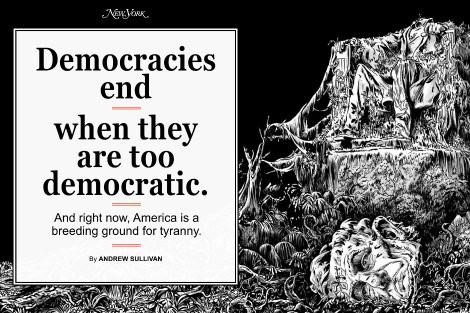
AUSTRALIA
- Jeff Sparrow
- 08 June 2016
9 Comments
Will Clinton defeat Trump? Perhaps - but the polls already show him doing far better than anyone expected. More importantly, an electoral loss might mean the end of Donald Trump but it won't destroy Trumpism. The constituency into which the Donald has tapped will almost certainly grow under the administration of a corporate Democrat like Clinton, even if it manifests in a different form. And what then? How much larger and heftier will the barriers against the popular will have to become?
READ MORE 
-
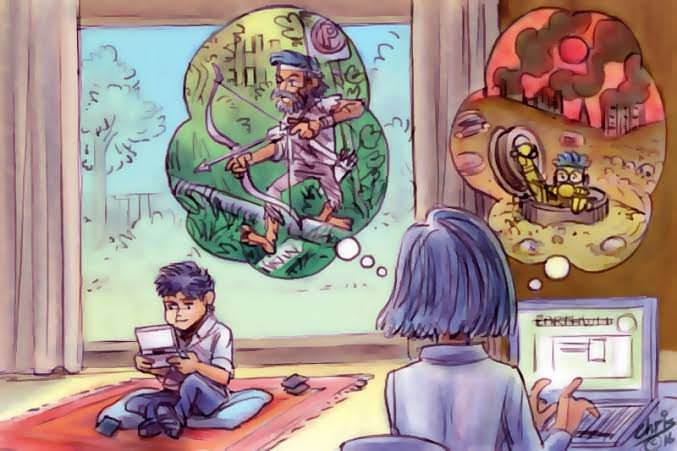
ENVIRONMENT
- Fatima Measham
- 30 May 2016
12 Comments
People understand that some of the solutions for the problems faced by current and coming generations are likely rooted in decisions made now. Future-proofing is not merely anticipation, but intervention on a scale that goes beyond households. It involves design and culture. It demands an international rather than insular outlook. Perhaps this is why gallows humour has seeped into my conversations about the future. I no longer expect our leaders to do something worthwhile about it.
READ MORE 
-
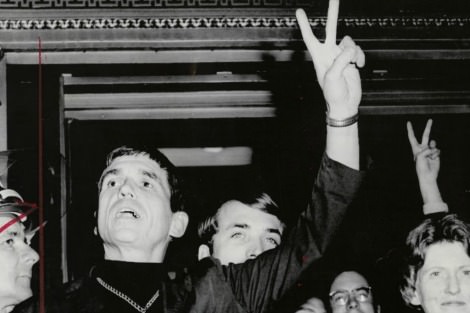
RELIGION
- Andrew Hamilton
- 04 May 2016
18 Comments
By many United States Jesuits including military chaplains, Dan Berrigan was seen as a divisive figure. I also found his actions challenging. I was still to move from my concentration on the goals of military action to focus on what happens to people who make war and have it made on them. Berrigan and others helped me to see the dishonesty in the conduct of the Vietnam war, the cost to Vietnamese civilians and to soldiers on both sides, and the corruption of ethical sensitivity in both societies.
READ MORE 
-
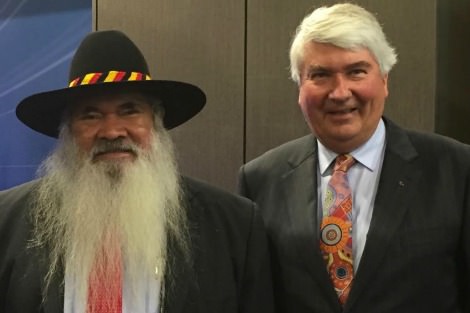
AUSTRALIA
- Frank Brennan
- 15 April 2016
21 Comments
The royal commission into Aboriginal deaths in custody, which signed off on its final reports 25 years ago this Friday, definitely improved the systems for supervision of persons in detention, reducing the risk of deaths in custody. It also led to better coronial procedures. But it failed to reverse Indigenous imprisonment rates and it did little to counter the underlying causes of Indigenous imprisonment. Back then, Patrick Dodson saw police as the main problem. Now, he thinks it's the legislators.
READ MORE 
-
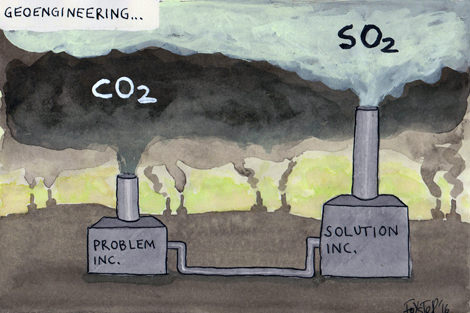
ENVIRONMENT
- Greg Foyster
- 14 April 2016
10 Comments
Geoengineering means intervening in the Earth's climate to offset global warming. It's hacking the planet on a monumental scale. The most widely studied proposal is spraying sulphate particles into the upper atmosphere to reflect sunlight, cooling the planet. The idea comes from huge volcanic eruptions, which can blast millions of tonnes of sulphur into the stratosphere, creating a kind of chemical sunshade. After decades of being taboo, this outlandish scheme is now being taken seriously.
READ MORE 
-

AUSTRALIA
- Fatima Measham
- 01 April 2016
For victims and survivors, the royal commission report into family violence comes as catharsis. For activists and advocates, it is vindication. Perpetrators thrive on impunity. Impunity is built on uncertainty of punishment, cultures of silence, victim-blaming and perceived collusion with figures of authority. Dismantling this is central to violence prevention and ensuring the safety of women and children in the home. The royal commission addresses this goal across 227 recommendations.
READ MORE 
-
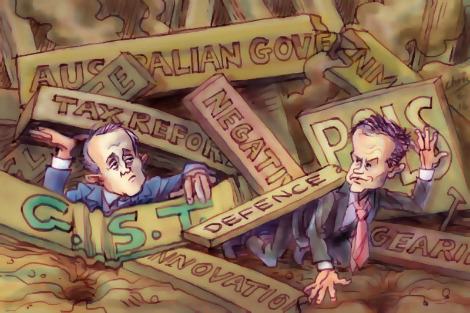
AUSTRALIA
- Osmond Chiu
- 18 March 2016
9 Comments
While Turnbull may be ahead as preferred prime minister, the Coalition has yet to demonstrate the principle of fairness that is deeply held and widely felt across the electorate. Labor's narrative needs to be not only that it is the party best equipped to deal with the challenges we face, but is the only party that can ensure any changes will be just and equitable. A plan for the future that is both convincing and seen as fair may end up being the difference between being in government and opposition.
READ MORE 
-
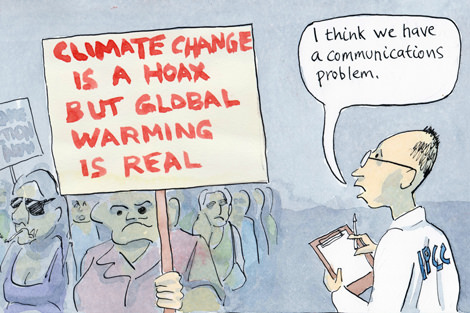
ENVIRONMENT
- Greg Foyster
- 11 March 2016
3 Comments
The best known examples of framing come from American cognitive linguist George Lakoff. He argues that George W. Bush replaced the phrase 'tax cuts' with 'tax relief' to reframe paying tax as an affliction. Embedded in those two words is a neo-conservative worldview against government intervention in the private sphere. If you accept the term, you absorb the worldview. In a similar way, a few words could build political will to tackle climate change. The problem is no one is sure what they are.
READ MORE 
-
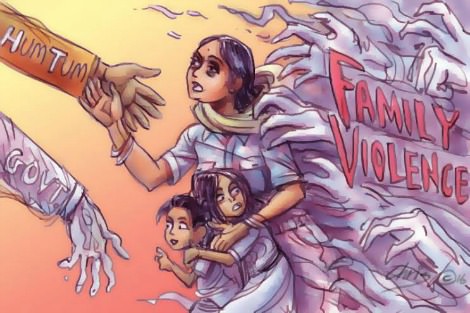
AUSTRALIA
- Jasmeet Sahi
- 22 February 2016
8 Comments
All cultures have different ways of addressing family violence. What might be suitable for an Anglo population may not be appropriate for other groups. I was raised in India, where women learn early in life that it is paramount to maintain calm and peace in a family home - nobody wants to be that family that airs its dirty laundry in public. Local community-based programs can provide solutions tailored to diverse cultural groups. Sadly many such programs are badly under-resourced.
READ MORE 
-
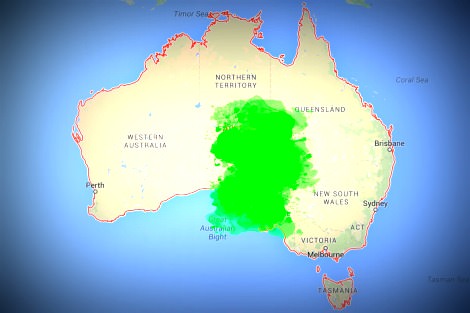
ENVIRONMENT
- Michele Madigan
- 10 February 2016
8 Comments
The South Australia Royal Commission into the nuclear fuel cycle will give its interim report at the Adelaide Town Hall next Monday. It is likely the Commission will recommend that the South Australian Premier's plan to import international high-level radioactive waste proceed, despite obvious risks and clear dangers. It would be a mistake for anyone living outside of South Australia to think that this is just a South Australian problem. Transport and containment risks are hugely significant.
READ MORE 
-
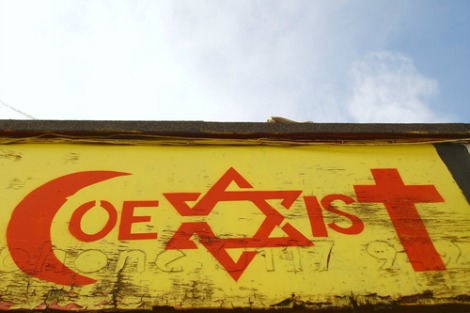
AUSTRALIA
- Andrew Hamilton
- 03 February 2016
10 Comments
Of the United Nations Days and Weeks, World Interfaith Harmony Week is one of the most recent and perhaps the most modestly celebrated. It may also be the most needed. But the conversation cannot be confined to the churches and to those with religious faith. Its claim needs to extend beyond religious faiths to secular views of the world. The obstacle to such conversation is the religious settlement in Australia and Western nations, which can be described as negative tolerance.
READ MORE 